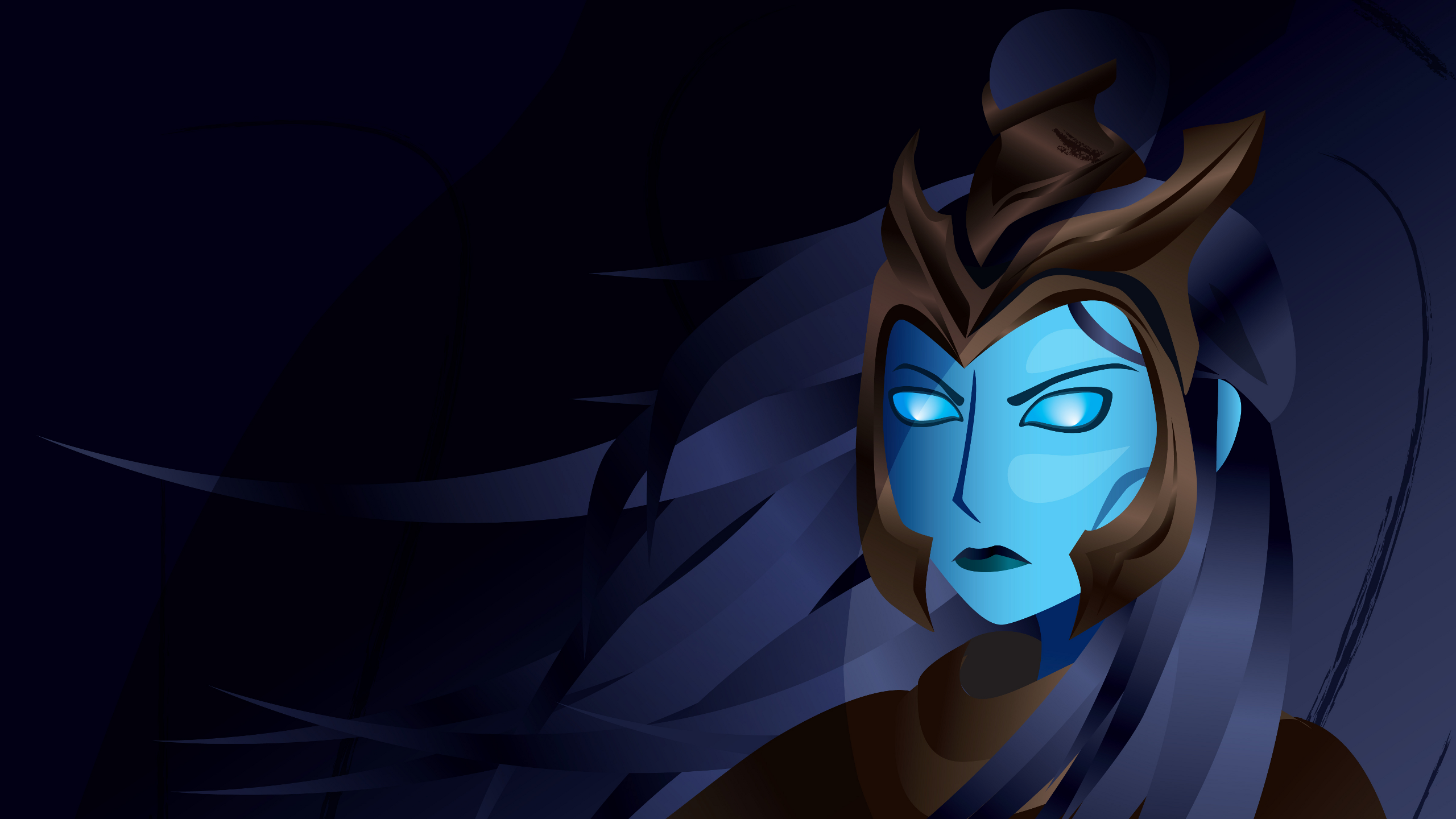

She heard of Núada the king, who held the sword of light-until Bres, Elatha’s son, took it, and Núada must be content with a silver arm. On these fine days when her mother was herself, the girl heard tales, too, of Lugh of the shining spear, and Elatha, keeper of the stone. And she would ask, “What else is the Morrigan called?” Or, “What other name has the Dagda?” But her mother would just hug her, tell her never to steal, for stealing wore away one’s soul, then laugh and ruffle her hair and kiss her eyes-“So like them both”-and they would promise each other they would stay together in the cave, always. “Now, this cup- Do you remember the cup, little gift?”Īnd the girl would say, “Yes!” and tell of how the Morrigan, whose steed was grey, had stolen it from the Dagda for herself, and how her lover, Manandán, son of the sea and raiser of mists, had stolen it from her in turn. His treasure was the greatest of all, the golden cup-No, not so deep with the beans, Dawnged.” And the girl would push the next bean less far down into its long, heaped line of dirt. “There is the Dagda, with his midnight steed. The Tuath are forever squabbling over the treasures. The girl likes this name, and these days when the bowl is just a bowl, and they work together in the garden while her mother tells tales of the Tuath Dé, the sidhe gods who came to Eiru-over-the sea with four great treasures, one each from the four islands of the Overland that drowned. On these days, her mother calls the girl Dawnged: her blessing, her gift and favour. On warm days, bright precious days when her mother will venture outside under the sun-beckon a bird to her finger and sing with it its song-the cup is a gift to the laughing, blue-eyed Elen from her lover, the girl’s father with grey-green eyes like the sea. “My cup,” her mother calls it, when she tells her stories.

Then as the world folds down for winter, so too do the girl and her mother, listening to the crackle of flame and, beyond the leather door curtain, the soft hiss of snow settling over the hills and hollows like white felt. And when the snow begins to fall once again, she catches a flake on her tongue and feels, lapping against her belly, the lake it was drawn from by summer sun, far away-a lake like a promise she will one day know. Before harvest, when the bee hum spreads drowsy and heavy as honey, she tastes in their busy drone a tale of the stream over which they skim, the falls down which the stream pours, the banks it winds past where reeds grow thick and the autumn bittern booms. From its nectar she will know which moths will come to drink, know too of the bats that catch the moths, and what nooks they return to where they hang wrapped in their leather shrouds as the summer sun climbs high, high enough to shine even into the centre of the thicket. In May, as the tree blossoms fall and herbs in the understorey flower, she will know by the scent of each how it might taste with what meat, whether it might heal, who it could kill. In this valley, where there is a tree she will climb it it will shelter her, and the birds that nest there in spring will sing to her, warning of any two-legged approach. She roams the whole of Ystrad Tywi, the valley of the Tywi who fled Dyfed in the Long Ago. Her mother will creep from the cave only as far as the gardens at the edge of the thicket, and then only in summer when the leaves are cloak enough to hide the sun-burnished bronze of her heavy-waved hair, when the hard enamel blue of her eyes might be forget-me-nots but the girl is at home in all the wild. In the face of that hill, always hidden from the world, is the dark mouth of the cave where the girl lives with her mother.Īs far as the girl can tell, none on two legs but herself and her mother has ever trod here. In this thicket, the moss side does not face north but curves in a circle with its back to the world, and, at its centre, where the branches grow most tangled and forbidding, is a hill. A girl at home in the wild, in the leafless thicket of thin grey saplings with moss growing green on one side.


 0 kommentar(er)
0 kommentar(er)
